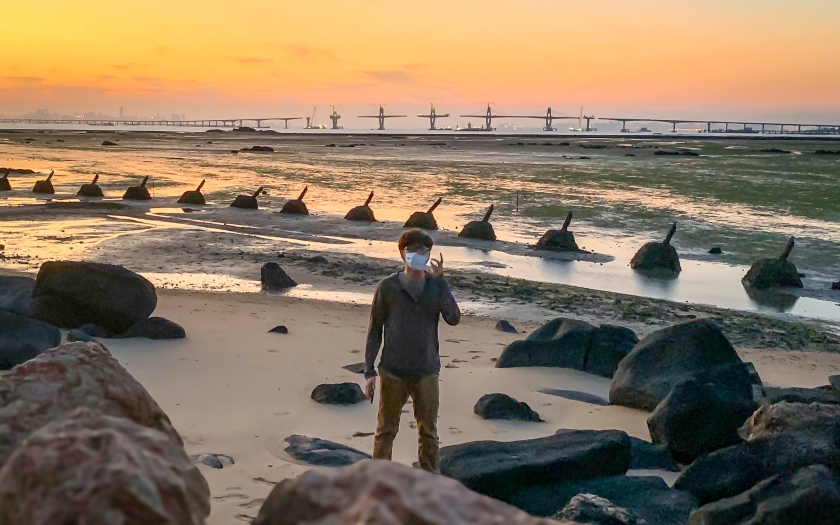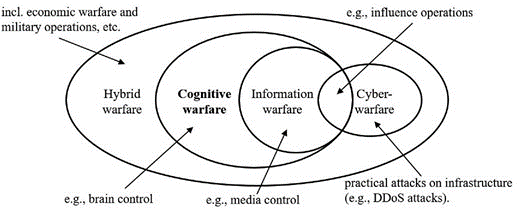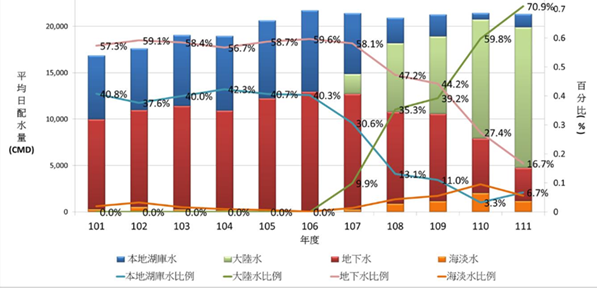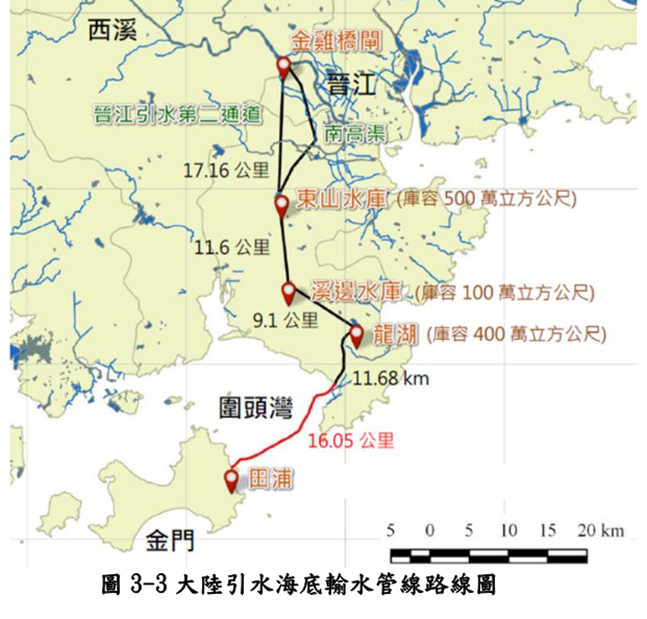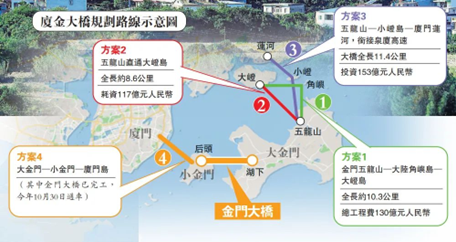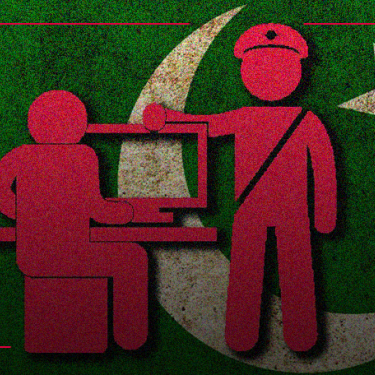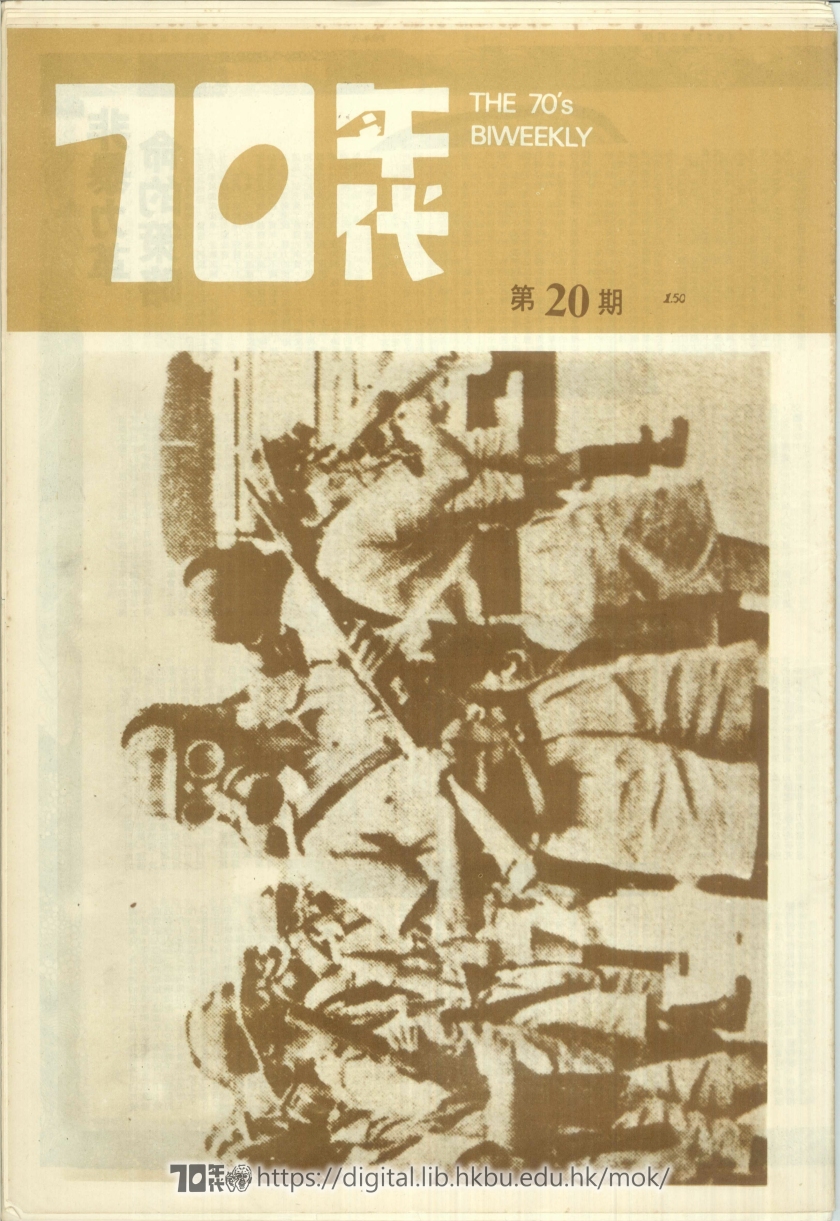
REWRITING ASIAN AMERICAN HISTORY: THE ANTI-IMPERIAL STRUGGLES OF TAIWANESE AND HONG KONG DIASPORAS
Written by Alex Yong Kang Chow.
Image credit: The 70’s Biweekly and People’s Theatre by Mr. Mok Chiu-yu Augustine, Dr. Jessica Wai Yee Yeung and Hong Kong Baptist University Library / License: CC BY-NC-ND 4.0 DEED.
Wendy Cheng’s book, Island X: Taiwanese Student Migrants, Campus Spies, and Cold War Activism, highlights the intricate and often fraught connections between the exiled diaspora, Asian Americans, Leftist politics, and the geopolitical forces shaping the lives of individuals in Taiwan, Hong Kong, and China. This work prompts an exploration of how Taiwanese Americans and the Hong Kong diaspora navigate and struggle with the cognitive and ideological complexities faced by Asian Americans and anti-imperial activists, who often conflate imperialism, colonialism, and nationalism within the contexts of the People’s Republic of China (PRC), the Republic of China (ROC), and the United States.
During the Cold War, Hong Kongers in the US intersected with Taiwanese students who opposed the Kuomintang (KMT) regime, albeit for different political reasons. While the pro-independence Taiwanese students criticised the KMT regime for white terror, political censorship, and a one-party dictatorship, the nationalistic Hong Kong students also criticised the KMT for its hypocrisy in framing itself as a promoter of democracy against the authoritarian Chinese Communist regime.
Since the late 1980s, Hong Kongers and Taiwanese have embarked on parallel paths in their quests for democratisation and decolonisation. When Taiwan transitioned into an independent nation-state, Hong Kong moved from a British colony to a special administrative region under the PRC regime. The youth of the two regions came together during significant historical events such as the 2014 Occupy movements in Hong Kong and Taiwan.
Since 2019, the Taiwanese have undertaken new efforts to reaffirm their sovereignty, defend their territory against the People’s Liberation Army, and secure their critical economic role in semiconductor production. Concurrently, many Hong Kongers have faced exile, finding themselves in unfamiliar environments that resonate with the diaspora experiences depicted in Cheng’s book. This shared history underscores these communities’ ongoing struggles and solidarity as they confront the overlapping and often confusing narratives of imperialism, colonialism, and nationalism.
Activism and Left-leaning Politics
As Cheng outlined in the introduction, the objective of Island X is to expose historical processes and reveal alternative possibilities. “By exposing the process—history in motion—by revealing what might have been, and by centring those who dreamed otherwise, who were erased, ignored, or relegated to the margins and footnotes of history, we restore more capacious genealogies and broader horizons of aspiration and struggle” (9).
In chapter two, Cheng uncovered three figures who struggled to address left-leaning politics and aimed to bridge the left-right divide within the movement. For example, Lin Shiaw-shin, a Baodiao activist from a bensheng family, maintained and acted on “broadly left, non-identitarian alliances” (66) to support Taiwan’s democratic movement. Despite many of these alliances falling short of their more radical or revolutionary goals, Lin’s efforts were significant.
Kao Cheng-yan, who later became a computer science professor at National Taiwan University, took a left-leaning, pro-Taiwan independence stance that eventually led to the founding of the Green Party. This party identifies as internationalist, supports Taiwan’s independence, and focuses on environmental politics (67-72).
Dissatisfied with the goals and operations of World United Formosans for Independence, Cary Hung co-founded the Taiwan Revolution Party, which advocated for a mass-based, working-class revolution (73-76).
Similarly, in the 1970s, a distinct faction of anti-imperial anarchists emerged in Hong Kong, navigating a complex political landscape influenced by global and local dynamics. This group, often in tension with other political factions, sought to challenge the British colonial and PRC regimes.
For example, Augustine Mok, a young activist and founder of the 70s Biweekly, an influential magazine among left-leaning circles in Hong Kong during the 1970s, criticised the PRC regime and proposed an internationalist path that exemplified his anarchist beliefs.
When the anti-imperial Baodiao movement emerged in the U.S., Mok participated in rallies in Hong Kong, advocating for an anti-imperial stance that the island belonged to no one—neither the PRC, ROC, nor Japan. This position contrasted with many other nationalist Baodiao activists or students in Hong Kong.
Similar to the ideological split between pro-PRC and pro-ROC factions before the fall of the Gang of Four in 1976, anti-colonial activists in Hong Kong also divided into pro-PRC and anti-PRC clusters. Youth on both sides criticised the British colonial regime, but they debated whether the PRC regime was a liberator or another form of authoritarianism under Mao’s leadership.
Despite the political crackdown against the 1967 riot instigated by Chinese Communist activists under the influence of the Chinese Cultural Revolution, young activists in Hong Kong found room for resistance. They navigated a highly censored environment yet managed to create spaces for political expression and activism.
However, the student activists at the time were also aware that their phones installed in the student union on campus were wiretapped by the political branch of the British colonial police. This situation underscored the constant surveillance and repression they faced, similar to their Taiwanese counterparts, as they sought to push boundaries and advocate for change.
The legacy of these anti-imperial anarchists, particularly those like Augustine Mok, underscores the complexity and diversity of political activism in Hong Kong. Their efforts to foster critical discourse and challenge dominant narratives continue to resonate in contemporary discussions on democracy, sovereignty, and resistance in the region.
Cold War Geopolitics and Positioning Diaspora Identity: Historical Context and Challenges
One of the challenges facing Taiwanese Americans is positioning the group within Asian American studies, which often focus on left-leaning, working-class subjects, and resistance narratives: “Within Asian American studies in particular, a scholarly field born of leftist social movements that has tended to privilege working-class subjects and narratives of resistance, these characteristics may render diasporic Taiwanese communities difficult, unappealing, or uninteresting as objects of inquiry” (14).
In the 1960s and 70s, the romanticisation of PRC socialism within US leftist circles was not uncommon, leading to assumptions about pro-Taiwan political stances as “conservative or retrograde” (15). Furthermore, as racialised non-US nationals campaigning against their government—a US ally—”Taiwanese student migrants were neither fully legible to nor protected by dominant rights-based moral and political” (8).
Because of the impact of Cold War geopolitics on global comprehension of Taiwan’s existence, the fact that the United States served as both geopolitical “benefactor and protector” of Taiwan may confuse, if not irk, many pro-PRC factions in the US. Additionally, the left-leaning, anti-imperial US activists who criticised the US regime as imperialist over Latin America, Vietnam, and the Middle East may also find this situation confusing or frustrating.
How could an independent-seeking country that sought US support be progressive, anti-capitalist, and anti-imperial enough? How could an authoritarian regime governed by the KMT be a faithful, democratic ally for those left-leaning US activists?
Similarly, since 2019, the Hong Kong diaspora has found the assumptions underlying some Western leftists’ ideological simplifications funny, if not ridiculous. How can a capitalist-driven city and secessionist movement not be seen as an imperial puppet against a Chinese socialist regime? How can diaspora Hong Kongers, who mostly lobby Western governments against the PRC regime, counteract an imperial US regime?
Rather than exaggerating or dismissing these questions emerging from a Western-leftist perspective, countering the inward-looking leftist knowledge production that fails to grapple with the Chinese questions may be productive. This can be done by disseminating the thoughts, theories, and praxis of pro-Taiwan-independence Taiwanese Americans or pro-Hong Kong-independence Hong Kong leftists, as Cheng’s book has done.
Urging or educating the dogmatic Western left to adopt an anti-PRC stance is an uphill battle. Many Western leftists sympathetic to the PRC do not read Chinese, lack access to nuanced anti-PRC Chinese thoughts in English translation, or have limited lived experience in Hong Kong and Taiwan. This challenge extends even to second or third-generation Asian Americans who might share heritage with the diaspora.
Colonisation, colonialism, and internal settler colonisers do not just describe the imperial process of European-American expansion but are also applicable and have an Asian origin, demonstrated by the PRC and KMT regimes born out of the 20th-century revolutionary period. Recent studies have attempted to reconstruct Chinese intellectuals’ struggles to navigate a third path beyond KMT and CCP domination.
Tracing the creation of myths, misconceptions, and knowledge production about Chinese politics in the US requires more collective effort. This effort must bridge the revolutionary continuity and discontinuity before and after the 1949 KMT-CCP civil war that shattered the fate of Hong Kong, Taiwan, and mainland China.
One invisible historical connection is that Hong Kong was removed from the United Nations’ non-self-governing territories list upon the PRC’s entrance into the UN. The PRC replaced the ROC to serve on the permanent seat of the UN Security Council. As a result, Hong Kongers’ international rights of self-determination within the UN mechanism were deprived because the US administration decided to side with Maoist China over Chiang’s ROC due to Cold War calculations against the Soviet Union.
The Unique Contribution of Cheng’s Book: Rewriting Asian American History
The most substantial contribution of Cheng’s book is to enrich the diversity and complexity of Asian Americans in scholarly knowledge production. It aims to 1) rethink and rewrite the diverse history of Asian Americans; 2) delink Asian Americans from the PRC regime; 3) respect the similarities and differences among and between Asian Americans and Asians that may stand at odds with each other; and finally, 4) reconnect Taiwanese Americans to Asian American history.
Cheng’s book, likely one of its kind, explores the possible reconcilability and irreconcilability of intersectional politics among Asians, Asian Americans, Leftist politics, geopolitics, and democratic aspirations at the Cold War historical juncture.
Rewriting the history of Asian Americans by tracing and reconstructing the sociological and intellectual development of anti-PRC and anti-KMT Taiwanese Americans provides an excellent example for other scholarly, literary, and intellectual endeavours. This approach extends the mapping to other broadly speaking Sinophone populations, such as Hong Kongers, Tibetans, Uyghurs, and exiled mainland Chinese. This broader framework fosters a more nuanced understanding of the complex and multifaceted identities within the Asian American community and will hopefully encourage more productive work that enriches our definition of Asia American history.
Alex Yong Kang Chow is pursuing a PhD in Geography at UC Berkeley, studying decolonial praxis in Hong Kong, with a focus on capitalism, nationalism, and colonialism. He graduated with a BA from the University of Hong Kong and an MSc from the London School of Economics. Alex was the former Secretary-General of the Hong Kong Federation of Students during the 2014 Umbrella Movement and was nominated for the Nobel Peace Prize in 2018. He co-founded Flow magazine and is a board member of the Hong Kong Democracy Council, dedicated to advocating for human rights and democracy.
This article was published as part of a special issue on ‘Student Migrants, Campus Spies and Island X‘.

ISLAND X: AN INTERNATIONALIST EXAMINATION OF TAIWANESE AMERICAN HISTORY DURING THE COLD WAR
Written by Wen Liu.
Image credit: 07.02 副總統出席「陳文成博士紀念晚會」 – 50068877552.jpg by 總統府 / Flickr, license: CC BY 2.0 DEED.
Wendy Cheng’s Island X is a new classic study on Taiwanese American lives that bridges between Taiwan Studies and Asian American Studies. In this essay, I want to highlight three major contributions that the book has made, including 1) The importance of understanding Taiwan through the US-China-Taiwan as well as an internationalist stance, 2) the need for Asian American Studies to incorporate diasporic perspectives and geopolitical analysis, and 3) situating Taiwan as a critical epistemological site in Asian American Studies.
An Internationalist Perspective
Since the end of the martial law period, more and more archives have been open to the public. More books have discussed the Cold War period in Taiwan through the triangulated relations between the US, China, and Taiwan. For instance, Hsian-ting Lin’s Accidental State: Chiang Kai-shek, the United States, and the Making of Taiwan uses the US’s recently declassified archives to describe the dictator’s internal turmoil in making modern Taiwan in contested geopolitical time. Chen Tsui-lien’s Revisiting the Political History of Post-WarTaiwan: The Triangulated Tug-of-War between the United States, the Kuomintang Government, and Taiwanese Civil Society also took the comparative approach. All these books on Taiwanese history—along with Wendy’s Island X—disputed the myth that the possibility of a modern democratic Taiwan was neither made magically through one leader’s hand (e.g., the common depiction of Chiang Ching-kuo as “the Father of Democracy” rather than an authoritarian leader who executed many tangwai movement leaders) nor simply through the Cold War US imperialist influences that manipulated Taiwan as its subaltern proxy state (as often articulated by Anglophone or American Studies). Instead, it is a result of the triangulation of forces between the US, the Kuomintang (KMT), the tangwai movement in Taiwanese civil society, and the diasporic Taiwanese students’ movement, which is the central focus of this book.
The death of Chen Wen-chen is particularly illuminating in the book. Professor Cheng argues that far from being neutral or benevolent, the instances of Taiwanese students spied on by other Taiwanese on US campuses illustrate the role of US educational institutions as critical sites of Cold War battles. We often understood his death as a critical event that drove the US to take seriously the issues of authoritarian surveillance since Chen was a US citizen, and the Taiwanese American communities took the chance to challenge the KMT surveillance on US campuses. This event not only pushes policy changes in the US but also adds additional pressure on the already heated democratization demands from the Taiwan side.
Chen Wen-chen’s case—along with many other historical examples and live narratives in the book—complicates the political biography of Taiwanese student activism in the US at the time. Usually, the overseas Taiwanese movement is often portrayed as singularly pro-independence and, thus, conservative and anti-Communist. The book shows a much more complicated picture. For instance, as Wendy writes, while in Pittsburgh, Chen Wen-chen became particularly interested in the ideas of the left pro-independence group, Taiwan Era, which took a Marxist-Leninist line and elaborated more profoundly and in a more explicitly internationalist stance, along with an earlier diasporic left publication headquartered in Toronto, Taiwan Revolution. These diasporic groups are not without their internal intellectual and ideological debates, reflecting the US activist political spectrum in the 1970s and 1980s.
An Asian Americanist Perspective
This brings me to my second point; another significant intervention of the book is how it takes on an Asian Americanist approach that also centres on Taiwanese history and voice. One of the reasons that Taiwan and Taiwanese Americans are often erased from Asian American Studies or history is that the field of Asian American Studies emerged in the 1960s at the peak of internationalists’ left politics. Up to today, it continues to skew toward a specific working-class and left politics that is more concerned with US hegemony and the critiques of racial politics domestically. Yet under what Wendy calls the “infrastructure of surveillance,” Taiwanese immigrants were often framed as the “good” and “middle class” immigrants who are also ideologically seen as blinded pro-US. The lack of differentiation between the nation-state, the KMT party, the US influences, and the civil society in Taiwan results in the fact that Taiwan is merely understood as KMT’s “Republic of China” in the Cold War binary framework. It misses the opportunity to see how this group of Taiwanese immigrants calls the present nation-state, the ROC, in question and organizes creatively to achieve human rights and democratization.
Moreover, the centrality of race in Asian American Studies is often eager to create racial politics against assimilation yet neglects how racial politics can also be produced globally, out of the US. In fact, both Japan and the People’s Republic of China (PRC) have been the hegemonic forces in East Asia to create different ideologies of racial superiority or racial victimhood to counter US influences. By focusing on the US empire and the US only, the field misses the opportunities to engage with the complexity of inter-Asia dynamics on how ethnonationalist forces are forged. And how the Taiwanese subject is, in fact, caught between white assimilationism, Chinese ethnonationalism, and Han settler-colonialism, where some of the key players in the book attempt to rearticulate a new kind of national imagination.
Taiwan as a Critical Epistemological Site in Asian American Studies
Lastly, the book argues how Taiwan can serve as a critical epistemological position in Asian American Studies. As Shu-mei Shih stated provocatively in the 2018 North American Taiwan Studies Association conference, “Taiwan Studies is American Studies,” the book shows how American Studies is also a part of Taiwan Studies. By examining Taiwanese American politics in relation to global politics, multiple state regimes, and Cold War conditions, we can see a fuller picture of how political changes occurred during this period. It is never just the influences of Western abstract liberalism of human rights of democracy, nor one great leader who gave authoritarian rule, but the complex debates and struggles over difficult material conditions across the transpacific that allowed movements to happen. As Wendy states in the concluding chapter, while Taiwanese Americans are often essentialized as the “model minorities,” the state-centric logics observe the historical conditions and hierarchies of power that “deny Taiwanese Americans our full historical subjectivity and complex subjecthood.”
Island X is a timely book articulating how Taiwanese American identity is deeply historically grounded and influenced by multiple transnational forces. The book opens doors for scholars to pursue this understudied subject. In the so-called “Golden Era” for Taiwan Studies, we need an interdisciplinary approach that expands the usual horizons of researching Taiwan through the superpower struggles between the US and China but focuses on the untold lives and stories that complicate the existing narratives.
Wen Liu is an Assistant Research Fellow at the Institute of Ethnology, Academia Sinica, Taiwan. She is the author of Feeling Asian American: Racial Flexibility between Assimilation and Oppression (University of Illinois Press, 2024), which investigates Asian American identity formation via its flexible racial status and the psychic narrative of racial injury.
This article was published as part of a special issue on ‘Student Migrants, Campus Spies and Island X‘.
